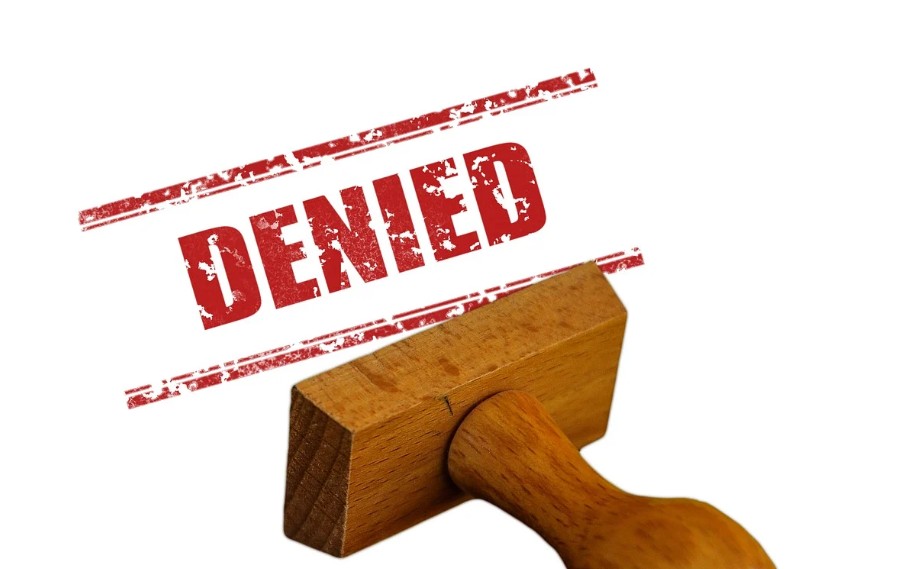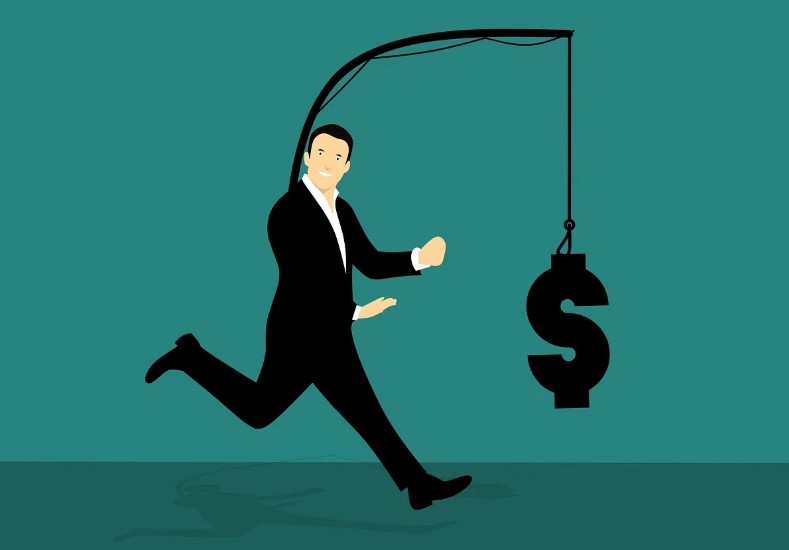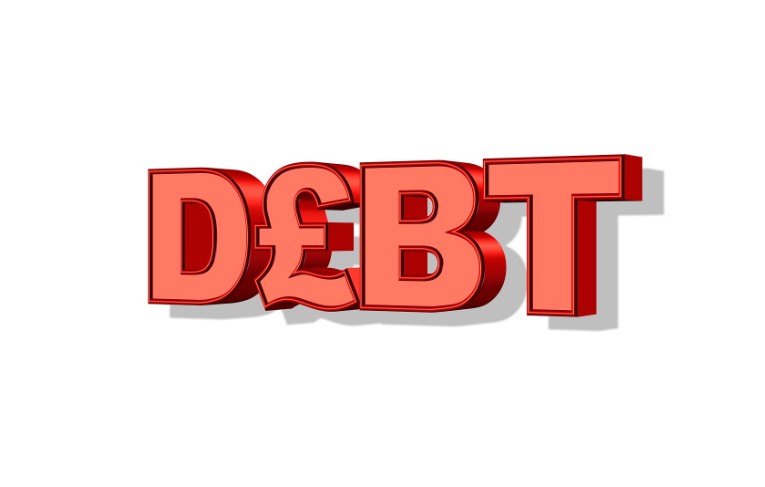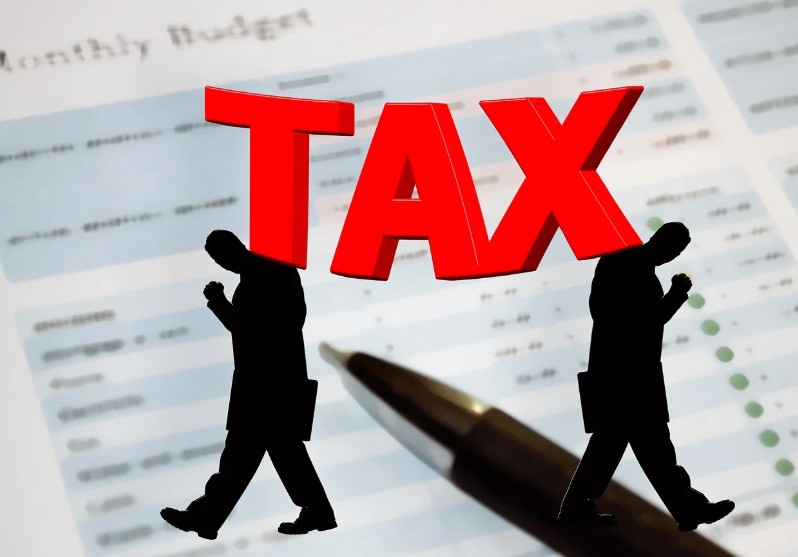In the UK, council tax is unique. Unlike other debts, it’s enforced with urgency and backed by legal powers that most private creditors don’t have. If you’re wondering “how long can someone stay without paying council tax in the UK?”, it’s vital to understand that—even though you might feel you have some time—you don’t. This guide walks you through every stage of the timeline, explains your rights, and provides real-world insights so you can act early and stay in control.
How Long Can Someone Stay Without Paying Council Tax in the UK?
You may assume that there’s a grace period, but in reality, the council’s enforcement process kicks in quickly. Here’s a thorough breakdown:
Week 1–2: Initial Missed Payment
- The council notes the missed instalment and flags it, even if you’re not contacted immediately.
- No direct action yet—but if you contact them and pay, you can avoid escalation.
Week 3–4: Reminder Notice Arrives
- A First Reminder Notice will be sent, typically 7–14 days after the missed payment.
- You have 7 days to pay; if you do, you’re back on track. If not, escalation begins.
- This notice also makes clear that instalment rights are at risk.
Week 5–6: Instalment Rights Revoked

- Councils will often cancel your approved payment plan once you’ve missed two payments.
- The rest of the council tax year becomes due immediately (e.g., if you missed April and May, they may request full payment for June–March).
- Many people think they can wait until late summer, but by then, councils may already be enforcing.
Week 6–8: Court Summons for Liability Order
- If payment isn’t made, the council applies for a liability order in the magistrates’ court.
- You receive a summons which includes court fees—typically £90–£120—and a court date.
- You can attend court to dispute or explain, but missing the hearing means a default order.
Beyond 8 weeks, you’ve passed the “window of opportunity.” At this point, the council is empowered to pursue enforcement. That stretch between the first missed payment and legal action is short by most standards—fewer than two months.
What Happens After You Don’t Pay for Months?
What happens if you ignore letters and continue missing payments? Here’s a breakdown:
Months 2–3: Liability Order Granted
- If you miss the court date or don’t appeal the decision, a liability order is issued automatically.
- Your debt now includes the entire annual council tax plus legal fees.
- The council can begin enforcement actions at its discretion.
Months 3–4: Enforcement Agents (Bailiffs) Enter the Picture
- Bailiffs may be instructed without further notice.
- Their visit will cost £235+, even if no goods are removed.
- They will also charge 7.5% commission on amounts over £1,500.
- You’ll receive a notice of enforcement detailing what can be taken.
Months 4–6: Possessions & Income Controls
- Bailiffs may enter your home (forced entry if the door is locked), take photographs/inventory, and remove non-essential goods.
- They may remove items, put them in storage, or auction them.
- The council can instruct employers or the DWP to deduct directly from wages or benefits.
- Changes become increasingly permanent—benefit deductions may recur weekly or monthly.
Month 6+: Long-Term Impact & Escalation
- Council enforcement can last years. Wales, Scotland, and England allow at least a six-year recovery period.
- Your name remains on the council’s bad debt records even if you move or change address.
- In extreme cases, if you’re seen as deliberately refusing payment, you can be brought before the court again, potentially leading to fines or jail sentences.
Avoiding council tax doesn’t make the debt disappear—it just amplifies risks and elevates costs, creating a cycle that’s difficult to escape.
What Powers Do Councils Have That Most Creditors Don’t?
Councils enjoy significant legal leeway, far beyond regulated lenders or credit card companies. Here’s what they can do:

- Salary or benefit deduction: They can direct your employer or the Department for Work and Pensions to deduct council tax from your wages or benefits.
- Bailiff visits: Enforcement agents can charge hundreds in fees and potentially take goods for sale.
- Seizing goods and selling them: Your possessions—other than essential items—can be removed and sold with net proceeds returning to you.
- Charging orders: If you own your home, councils can secure outstanding debt against your property.
- Committal to court: In extreme cases, the council can seek a court hearing to jail you for “wilful refusal” to pay.
Unlike many debts, you can’t negotiate down the debt through insolvency or voluntary repayment schemes. Councils retain control while enforcement is active.
Will You Go to Jail for Not Paying Council Tax?
No, not for being poor. But yes—it’s possible under specific circumstances.
Legal Conditions for Jail
- You must have refused to pay despite having the ability to do so.
- Strong evidence (e.g., bank statements, wages) must show deliberate non-payment.
- The decision is made in front of a magistrate; imprisonment is the last resort.
Such cases are rare but do occur, especially where there is continued refusal to cooperate, misrepresentation, or repeated defaults after bailiff intervention. These are not “missing payments”—they are deliberate non-compliance.
What Legal Disputes and Protections Exist If You Fall Behind?
You have more rights than you might think—if you assert them early.
Before Legal Action:
- You can apply for a payment plan or a temporary delay due to hardship.
- You may be entitled to Council Tax Reduction (CTR) for low income or benefits.
- Retrospective relief can apply to past periods in many councils.
After Liability Order:
- You can appeal the order, though courts won’t overturn it lightly.
- You can ask for enforcement to be paused (moratorium), especially in financial difficulty.
- If you’re struggling seriously, you may apply for Breathing Space under the Debt Respite Scheme.
- You can access free legal and financial advice to challenge unreasonable bailiff behaviour or request write-off under hardship rules.
Can Your Council Tax Debt Be Written Off?

Possibility exists—but it depends on your circumstances and council policy.
- Temporary financial hardship: Some councils will suspend enforcement or write off fees.
- Long-term inability to pay: If you are on a fixed low income tied to benefits (like Universal Credit) and the debt is older than six years, the council might agree to write it off.
- Death of the liable person: Typically handled through estate proceedings; council tax is classed as a priority debt.
- Administrative or systemic failure by the council: In rare cases, legal errors or breach of procedure may force write-offs or appeal victories.
However, this is not common. It often requires extensive paperwork, legal pressure, or council negotiation.
What Are Your Best Options If You Can’t Pay Council Tax?
Being behind isn’t the end of the road. Here are proactive, strategic steps you can take:
- Check Council Tax Reduction (CTR)
- Apply via your local council for income-based relief—eligibility for up to a full exemption exists.
- Applications can be backdated in many cases, reducing both current and past arrears.
- Request Affordable Payment Plans
- Even if you’ve missed payments, councils may negotiate a stretched instalment plan.
- Explain your budget, and request a plan that’s affordable in both amount and duration.
- Apply for Discounts and Exemptions
- These include single occupant households (25%), student households, carers, apprentices, individuals with mental impairments, and vacant or uninhabitable homes.
- Even if you’re behind by several months, backdated claims can reduce debt.
- Use Free Support Services
- Citizens Advice, StepChange, and National Debtline are experienced in negotiating council tax arrears.
- They can write letters on your behalf, liaise with councils, or help you use the Debt Respite Scheme (Breathing Space).
- Communicate Early and in Writing
- Save dates and copies of letters, emails, or phone calls. This supports any later appeals or disputes.
How Long Will Council Tax Debt Stay Linked to You?
Unpaid council tax can linger for years in your financial history, regardless of whether you move or have changed your name.
- Standard limitation period: 6 years from the date the debt becomes due.
- Liability order effect: Debt remains recoverable indefinitely after legal judgment.
- National tracking: Councils exchange data, so even moving regions won’t break the link.
Therefore, ignoring council tax is not avoidance—it simply extends enforcement rather than erasing debt.
Can I Buy or Sell a Home with Council Tax Arrears?
Yes—but with complications:
- Selling your home: A charging order can block the sale until the council tax debt is cleared.
- Buying a home: While council tax arrears don’t prevent purchase, lenders may ask for letters proving that arrears won’t pose future enforcement risks.
- Moving house: You must provide a forwarding address; failure to do so may delay notices, but the debt will remain outstanding.
Conclusion
Council tax isn’t a debt you can ignore — enforcement starts quickly and can get costly fast. But if you act early, there are ways to reduce what you owe or set up affordable payments. Talk to your council, check for discounts, and get free advice if needed. The sooner you act, the more options you’ll have.

Leave a Reply